Emirates International School Jumeirah, Umm Al Sheif
Updated December 2016
Prospective parents should note that Emirates International School Jumeirah [EISJ] is, in fact, located in Umm Al Sheif. The school has also been known variously as Emirates International Private School, Emirates International School and Emirates International School Um Suquim which adds to the confusion.
The school, together with Emirates International School Meadows [EISM], together comprise the Emirates International School [EIS], although to all intents and purposes, notwithstanding their shared ownership by the Al Habtoor Group, they are separate schools with independent leadership.
Parents historically have chosen between the two based on location and the Meadows being a newer school, although significant investment in EISJ (the primary school was demolished in December 2015 and new building is ongoing) means the balance is shifting.
Both schools offer the International Baccalaureate – and was the first to offer the International Baccalaureate Diploma Programme in Dubai (1992). Parents should also note that since 2015 the schools are now full phase IB schools offering all four components of the International Baccalaureate. This includes the:
- International Baccalaureate Primary Years Programme [IB PYP]
- International Baccalaureate Middle Years Programme [IB MYP]
- International Baccalaureate Diploma Programme [IB DP]
- International Baccalaureate Career-related Programme [IB CP]
Historically, at Grade 11, students entered for the English National Curriculum based (I)GCSE in a spectrum of subjects. Prospective parents should now note that (I)GCSE provision has been scaled back; although EISJ currently remains an EDEXCEL Centre, students have to make a special request to sit GCE O’ Levels.
Instead the school now focuses on the pure International Baccalaureate through-curriculum. In 2015 the first students sat the MYP, the school achieving an 80% pass rate with all graduates of the programme scoring 28+ points.
For parents seeking to leverage EISJ to GCSE only with the plan to then transfer their children to an alternative school for GCE A’ Level, EISJ no longer provides a simple slipstream, although it does still offer a Year 13 education unlike other Year 12 only IB schools.
The school is a KHDA “Good”, not “Outstanding” School, this the entry level accreditation the Dubai Inspectorate expects for schools providing a solid education for children. The school has achieved a “Good” rating consistently for 6 years. The school does achieve “Outstanding” scoring in some areas (see below).
Emirates International School Jumeirah educates around 2000 students. Whilst the largest majority of these are of Indian nationality, the school numbers more than 70 nationalities of students attending and the reality is that this is a truly international school. There is also a sizable Emirati population who make up almost one in five students.
Prospective parents should note the significant jump in fees from Year 10 which push into the lower end of Dubai’s premium sector fee structure, rising from 50,730 in Year 9, through 58,415 AED in Years 10-11, and 68,408 AED in Years 12-13. The school fees begin in the value segment at just 32,282 AED, less than half those parents will eventually face as their children progress through the school.
School facilities are of a good standard and offer significant breadth, though parents should not expect the “bells and whistles” of the Tier 1 schools. EISJ facilities include a fully digital campus with 85 plus individual classrooms; 11 fully equipped science laboratories; 5 IT laboratories (offering minimum 1 computer: 5 children); 4 dedicated art rooms; 2 dedicated drama rooms; 1 further drama studio; 2 dedicated music rooms; 2 examination halls; two libraries, one exclusively targeting IBDP students; 550 seat digital theatre; new “Innovation Lab”; Food Science lab; Special Educational Needs [SEN] suite; prayer rooms; clinic and cafeteria.
Sports facilities include a multi-purpose grass sports pitch/events space for sports (including football, rugby and cricket) and broader school cultural activities and recreation; a 25M swimming pool; multi-purpose sports hall; gymnasium and tennis courts.
Extra-curricular enrichment programmes are extensive and include photography; Senior Gym Training; table tennis; Tennis; Book Club; nail art; Chess Club; “Victorious Yoga”; Art Club; MYP science; “MUN”; theatre sports; beginner’s guitar; “Blankets for Babies”; DP English literature/language; junior boys gym; IBDP computer science; LEGO robotics; “Green in Action”; Art catch-up; MYP Math Club; Spanish; MYP English support; Film Club; painting and drawing; IBDP Physics; “The Torch”; Eco and Recycling Club; Writer’s Club; Year Book Club; “Coder’s Lounge”; body jam and Hip Hop dance; Dragon Circus Training; IT workshops; fitness training and strength conditioning; junior girls Gym; table tennis; IB SL and HL Mathematics; Arabic Club; SUP paddle boarding; Quran Club; MYP Study Support; boxing; ballet; Duke of Edinburgh; excellent TEDx Youth programme (of which it is a pioneer); Model United Nations; and karate.
Emirates International School Jumeirah has a UK-independent style house system, although unusually this only operates when children reach High School phases. There are six houses, each with its own “Head of House” drawn from staff, and a both male and female House Captains elected by students: Barracuda (blue); Dunes (yellow); Horses (black); Oasis (green); Pearl (white); and Wadi (red). In another twist, not only students from Year 7, but also staff, are allocated to a House.
The MYP, studied between years 7 and 11, includes courses in eight subject groups: Language & Literature; Language Acquisition; Mathematics; Sciences; Individuals and Societies; Design; Physical and Health Education; and Arts. Subjects include English language; English literature; Arabic language; Arabic literature; Arabic as a second language; Spanish; French culture; mathematics; extended mathematics; biology; chemistry; physics; visual art; drama; music; Islamic Studies; geography; history; business studies; ICT; food technology; and physical, social & health education [PHSE].
As above, whilst EISJ is also an authorized EDEXCEL examination centre, providing theoretical availability of (I)GCSE examinations for interested students, the school is now focused on IB provision and students predominantly sit for the MYP certificate (the programme was formally opened in 2014).
EISJ does not publish (I)GCSE results for any students or indicate how many, if any, students still sit the exams.
Prospective parents should note that language provision is prioritised at the school and integrated into the curriculum. All students are required to study at least one language other than English during each year they study at EIS-J. Impressively, all language teachers must be native speakers.
Post-16 IB DP study sees students selecting one subject from each of six subject groups; studies in language and literature; language acquisition; mathematics; the Arts; Sciences; and individuals and societies. All students study two languages, at least one humanities subject, at least one science and mathematics. To achieve the full IB Diploma, and graduate successfully from EIS-Jumeirah, it is necessary to meet three further requirements in addition to the six subjects: and Extended Essay; Theory of Knowledge (TOK); and Creative, Action and Service hours (CAS).
Prospective parents should not that not all children study for the full IB Diploma, access to which requires an absolute minimum of 28 points at MYP. Students may choose instead to study six academic subjects only and gain the ‘IB Diploma Programme courses’ results individually. Alternatively, again, the school offers the more vocational International Baccalaureate Career-related Programme [IB CP] based around study of a BTEC in hospitality (see below), although this again requires 28 points at MYP.
Diploma subjects available include: English language and literature; Arabic language and literature; French; Theory of Knowledge [TOK]; Islamic education; Spanish; Italian; business & manufacturing; biology; economics; chemistry; geography; physics; history; computer science; environmental sciences; visual arts; theatre; mathematical studies; music; film studies; psychology and Creativity, Action, Science [CAS].
The International Baccalaureate Career-related Programme [IB CP] requires students to sit three academic subjects, but in conjunction with a BTEC Level 3 in Hospitality. In order to gain the full IB Career-related Programme qualification students must study and pass only two subjects, but in conjunction with the BTEC course as well as fully complete all aspects of the IBCP Core including Approaches to Learning (ATL), Language Development, a Reflective Project and Community & Service.
WhichSchoolAdvisor.com feedback remains mixed, particularly on the degree to which facilities need updating. The redevelopment of the Primary School in 2016-17 and on-going investment by Governors should help address this. Other concerns, on teacher turnover, reflect that the school does not retain staff at the levels of the best schools, which, in contrast to EISJ’s rate of around 22% reduce turnover to near zero. There is no doubt that staff turnover is disruptive, and particularly so in IB schools with their significant academic demands. Parent’s recommendation of the school (“Would you recommend this school to other parents?”) remains (just) below average but satisfaction with academic performance is above average.
KHDA highlight the school’s outstanding strengths being focused on Post-16 phase provision in a number of areas including English, curriculum development, student’s developed sense of personal, environmental and broader cultural responsibility; and Special Educational Needs [SEN]. Elsewhere the school is rated outstanding for its parental links and post-16 assessment methodologies and implementation. Inspectors particularly parise increased levels of investment, particularly in ICT.
Bottom line? Emirates International School Jumeirah is a difficult school to review because it performs well in almost every area, but not so well as to stand-out in a school system increasingly driven to standards that compete, at its top tiers, with the finest school provision available anywhere in the world. It has the seeming inevitable weaknesses of English language schools in core Arabic area provision (and arguably these are more significant weaknesses because of the sizeable Arabic population who should expect to be in “Outstanding” rather than “Acceptable” territory) – but this is not the issue.
It’s a broader sense of a fundamentally good school needing to achieve a lot more to become an overall “Outstanding” one.
In the context of Tier 1s, for example, EISJ’s move away from the English National Curriculum is arguably a step backwards. Tier 1s increasingly not only retain (I)GCSE, but also maintain a strong parallel A’ Level stream to ensure that students who are talented in individual areas of the curriculum, rather than being polymaths, are given the chance to secure gold standard, international qualifications. With an IB diploma-only school, some students will be left with securing passes in individual subjects without gaining an overall IB diploma. This said, EISJ does provide the alternative more practical IB CP – but that is focused on students set for a career in hospitality and the BTEC element of the course, rightly or wrongly, simply does not have the cache of A Levels. Because EISJ provides only the most cursory and limited breakdown of results, it is not possible for prospective parents to know the percentage of students who achieve the full diploma.
Across phases, the story is of a school divided in quality, with outstanding provision generally clustered at post-16.
Outside structural issues, EISJ is beginning to play catch-up – investment in new buildings is impressive and in some areas, particularly enrichment, the school’s offer is outstanding. Again, however, the school day limits the extent to which all students engage. Top tiers are increasingly looking to, or have, extend(ed) the school day so that extra-curricular provision becomes co-curricular and fully integrated in school life. In an IB school the arguments for doing this stack up quickly.
This said, EISJ pioneered IB provision in Dubai and today its complete 4-part IB program is rare – and focused.
Emirates International is a good school, but one with the capacity to be more.
Go to the FULL REVIEW on WhichSchoolAdvisor.comPrivate, for profit
FS1: 32,282
FS2: 32,282
YEAR 1: 38,282
YEAR 2: 38,430
YEAR 3: 38,430
YEAR 4: 43,039
YEAR 5: 43,039
YEAR 6: 43,039
YEAR 7: 50,730
YEAR 8: 50,730
YEAR 9: 50,730
YEAR 10: 58,415
YEAR 11: 58,415
YEAR 12: 68,408
YEAR 13: 68,408
International Baccalaureate:
International Baccalaureate Primary Years Programme [IBPYP]
International Baccalaureate Middle Years Programme [IBMYP]
International Baccalaureate Diploma Programme [IBDP]
International Baccalaureate Career-related Programme [IBCP]
BTEC
International Baccalaureate
Pearson (BTEC Hospitality)
EDEXCEL
Not published
(2015: IBMYP 80% pass all scoring 28+ points)
2015: Average DP point score of 33 (Global Average = 29)
2014: Average DP point score of 33 (Global Average = 29)
2013: Average DP point score of 34 (Global average = 29)
Not published
Not published
Not published
Not published
Note:
(1) No structured (I)GCSE provsion - IBMYP alternative is now standard
(2) Registered with EDEXCEL and may provide some subjects at (I)GCSE on special request
Yes
Notes:
(1) Entrance to the IBDP is by examination for new students and minimum 28+ MYDP scoring for existing
(2) On-going admissions policy will admit students throughout the year,subject to availability of a place
(3) FS/KG: assessment by a member of the Early Years Team
(4) Years 1 – 6: entrance assessment in Mathematics and English
(6) Previous reports and previous curriculum compatibility to IB programme are required according to age
(7) Formal interview may be required
No
Not published (WSA projected LOW)
2002
FS:- 1:19
Grades 1 - 13:- 1:10
British
22%
2001
Umm Al Sheif, Dubai
Indian (largest nationality)
Emirati: 373
Special Educational Needs: 87
Total nationalities: 70
FS1: 126
Mixed, co-educational
Yes
Al Habtoor Group (Khalaf Ahmad Al Habtoor, Chairman)
+971 (0) 4 348 9804 Ext. 274/205
66.6%
66.6%
75%
83.3%
75%
75%
75%
83.3%
50%
50%
50%
50%
50%
50%
75%
50%
50%
75%
87.5%
75%
75%
81.25%
81.25%
75%
81.25%
• Complete IB programme
• New, significant investment in school buildings and ongoing investment in ICT
• Affordable fee entry to an IB school
• Vocationally focused IB for students seeking a career in hospitality via the IB CP
• Pioneering school for IB provision in Dubai
• Al Habtoor Group reputation and backing
• No bursary or scholarships programmes
• Curriculum best suited to polymaths with no parallel stream provision for gifted children in either the Arts or Sciences but not both
• Outstanding provision relatively limited – school is some way from having sufficient KHDA scoring to reach the standards of an overall “Outstanding” school
• Fees stretch across value, mid-tier and premium segments with the risk that some parents will find fees unaffordable at later stages
• Does not capitalise on an obvious potential strength - its alumni (web site links point nowhere)
• Limited transparency on examination performance of students











































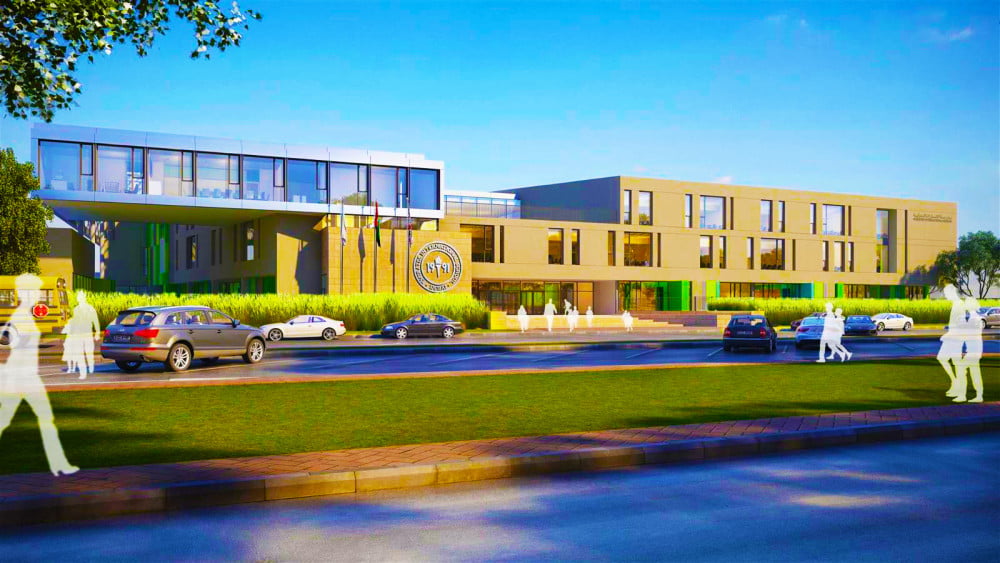

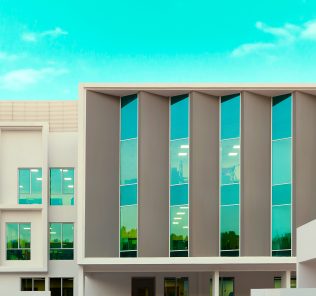
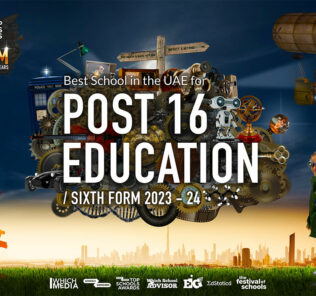
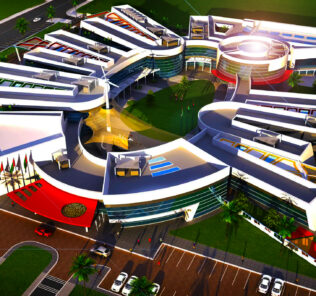
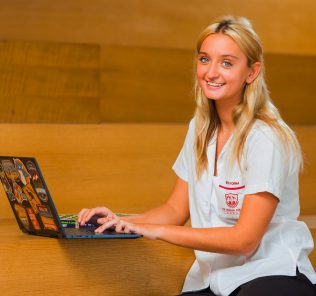
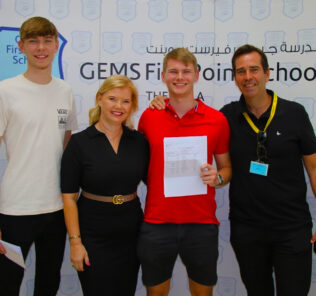

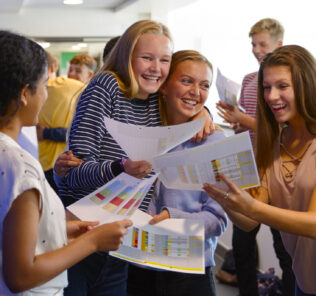
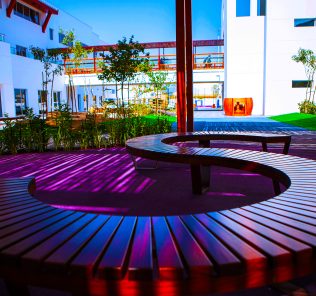
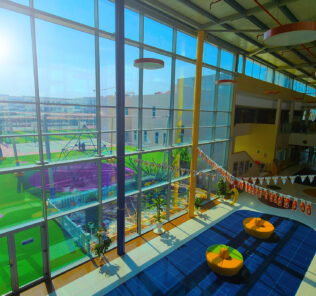
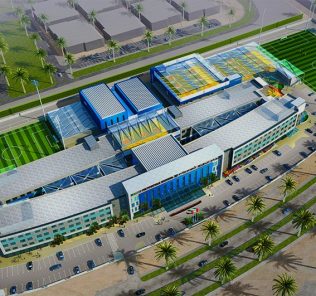
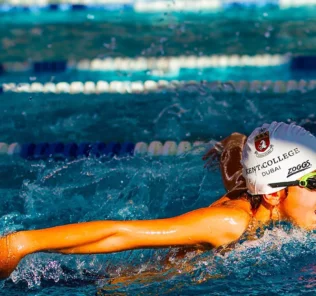
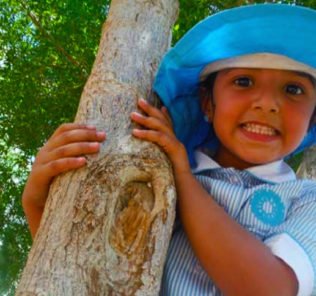
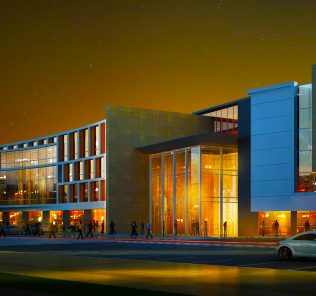

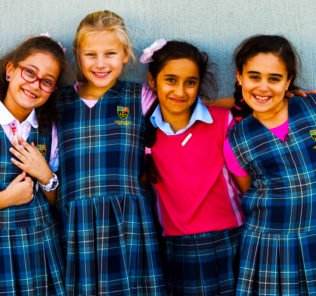














Leave a Response